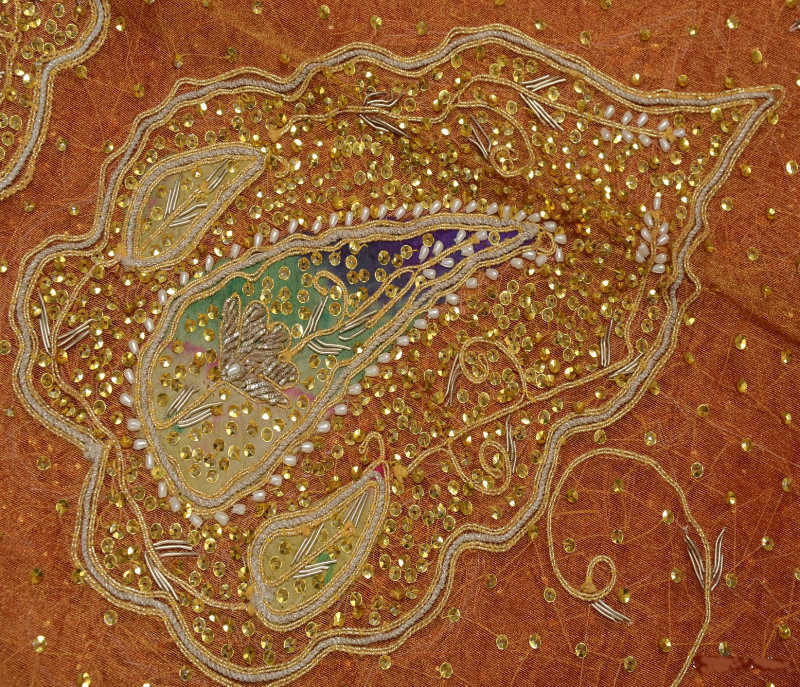===
0509,
3
===

=== |
 |
FWP:
SETS == SYMMETRY
MOTIFS == SUN; WINE-HOUSE
NAMES == SHAIKH
TERMS == THEME-CREATIONIt's easy to believe that, as SRF observes, 'the theme is absolutely new', and that it represents 'the unbridled flight of imagination'. This kind of 'theme-creation' is sometimes at the cutting edge of ghazal creativity (if it influences later poets), and sometimes merely idiosyncratic.
If we say 'a wine-house is that scene', then we are also and equally saying 'that scene is a wine-house'. (I call this aspect of Urdu grammar 'symmetry'.) On this reversed reading, the speaker maintains that every place/scene where the morning sun rests its head on the wall through intoxication (either its own or that of the observers) is a wine-house. And of course, where is the wall that is not vividly illumined by the early morning sun? (Think how dazzlingly the sun hits whitewashed walls, and how many whitewashed walls there are in South Asia.) So the 'intoxication' here comes to look Sufistic-- where is the place that God is not? His presence is everywhere, intoxicating the sun and/or the viewers; for those who have eyes to see, the whole world is a wine-house. Since the image of the sun's head on the wall is so multifarious in any case, I wanted to add this Sufistic possibility to the array of readings.
There seems no particular reason to address this observation to the Shaikh. But of course he is the archetypal figure of puritanical (and hypocritical?) censoriousness, and Mir delights in sneering at him. The Shaikh would no doubt be appalled to think of the sun itself as an agent, or victim, or admiring observer, of extreme intoxication.